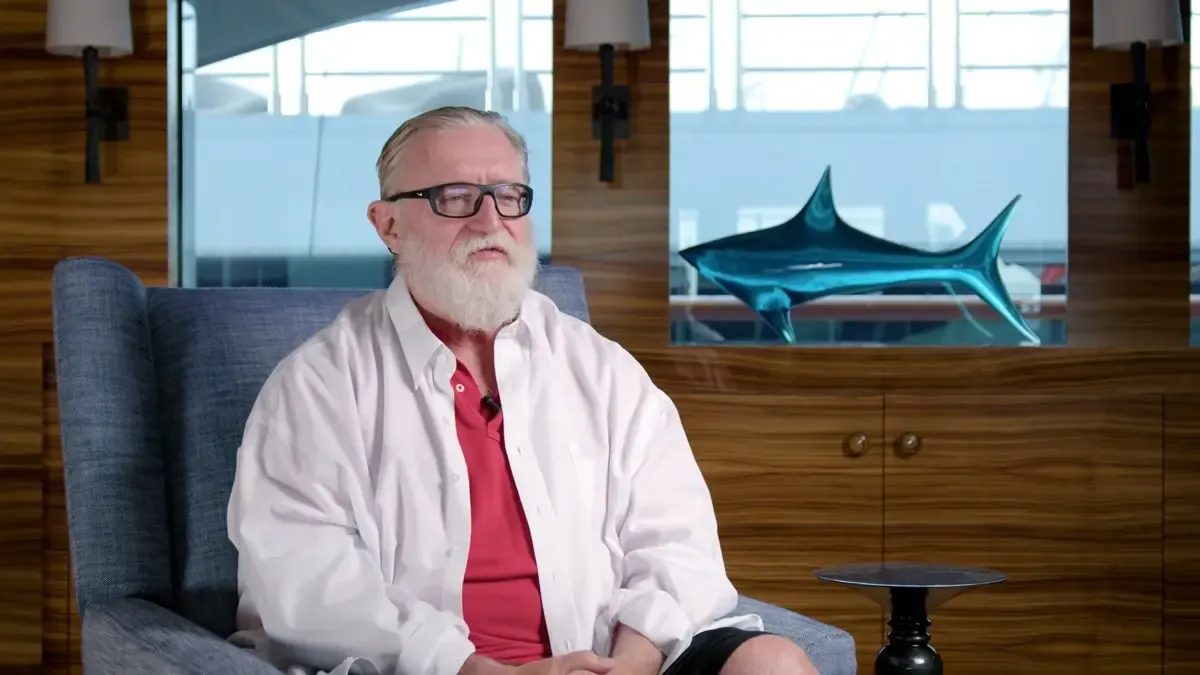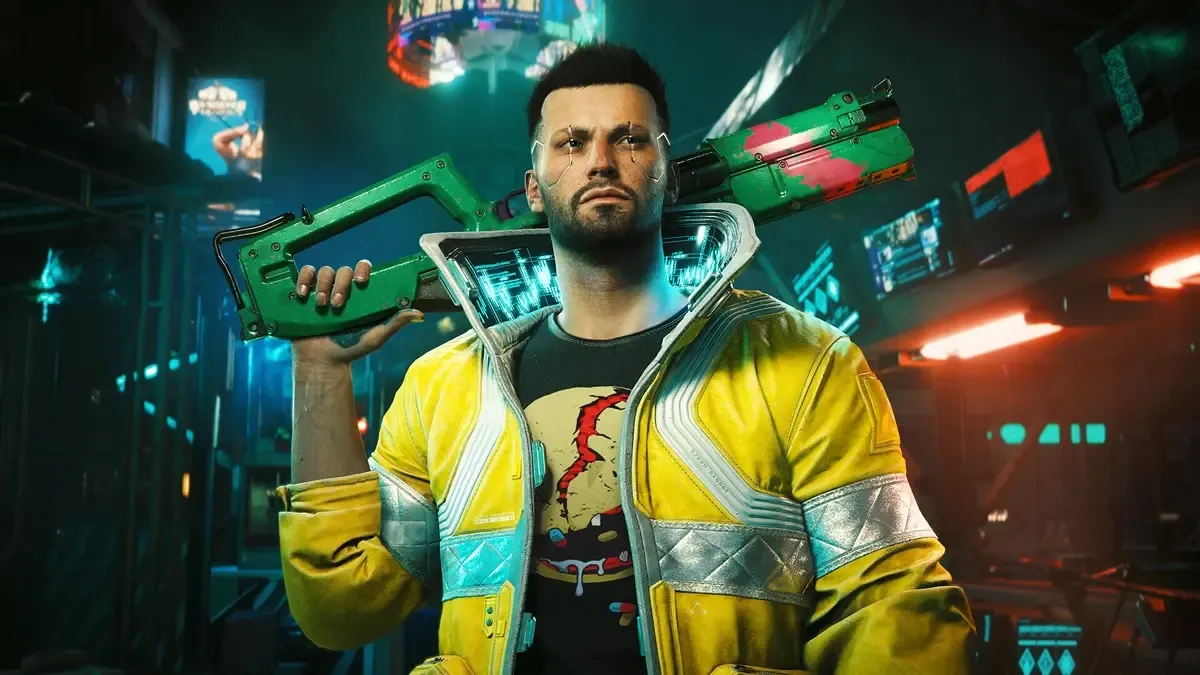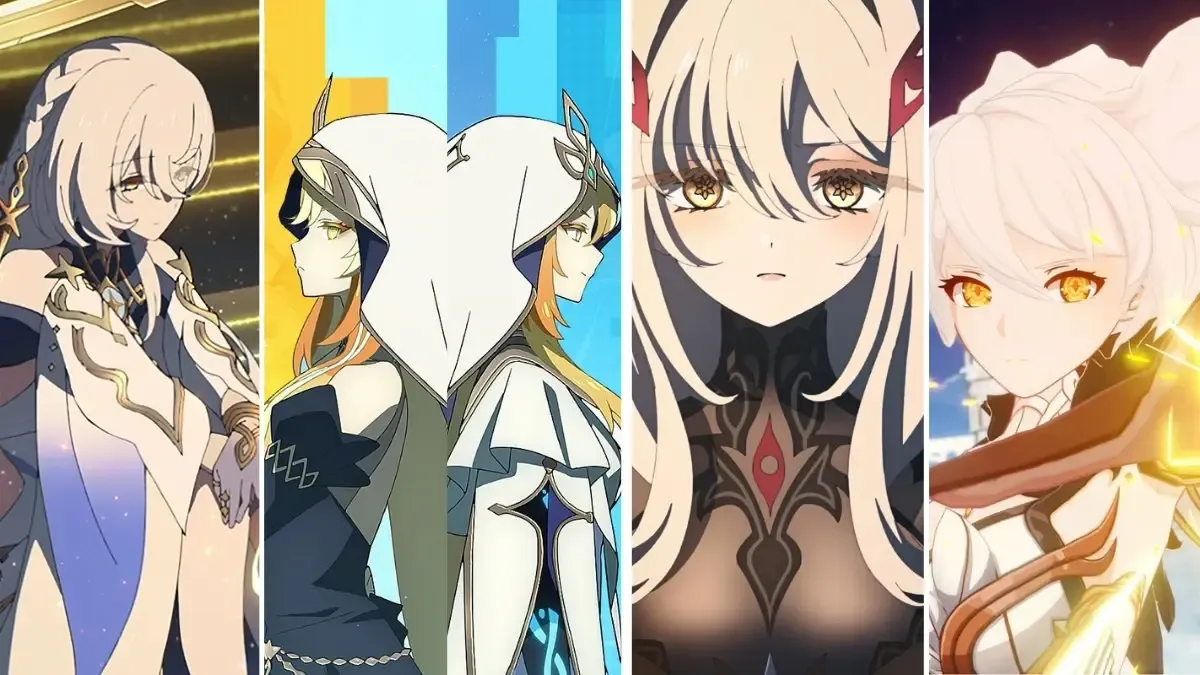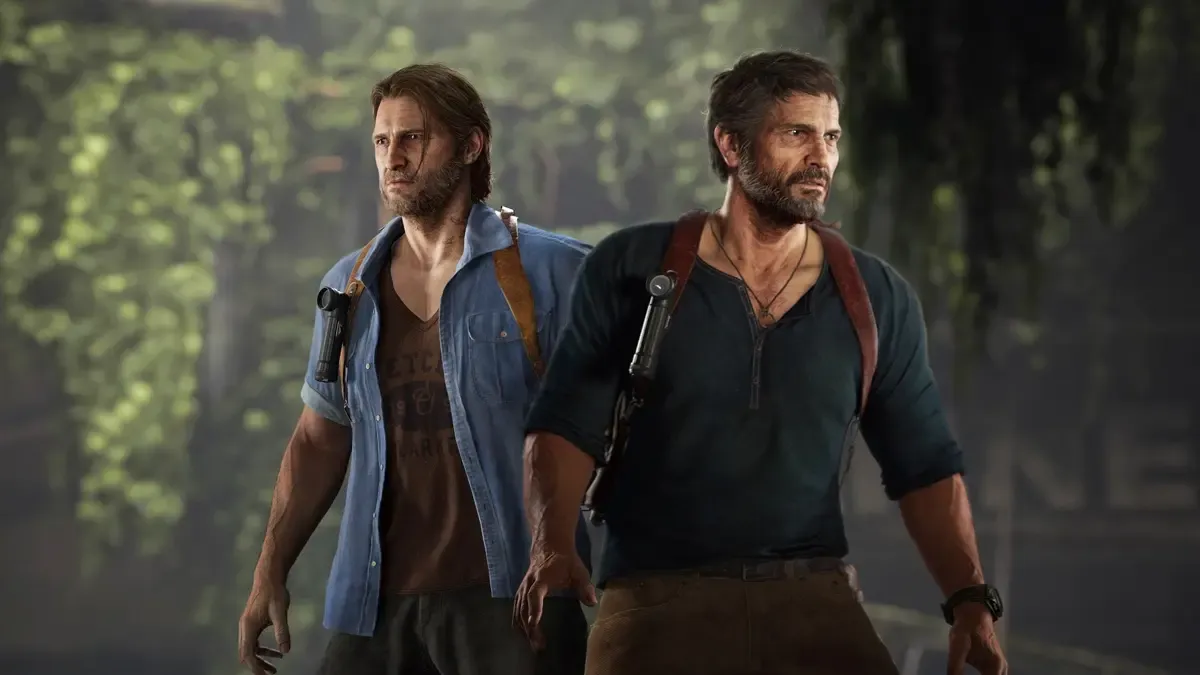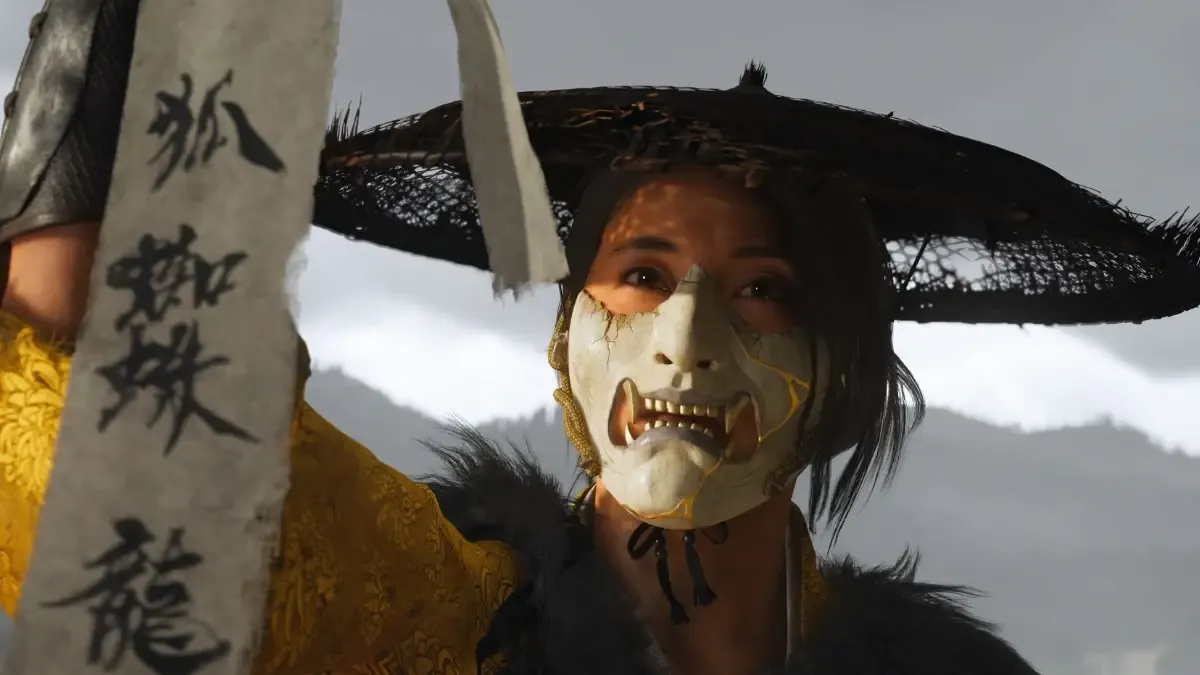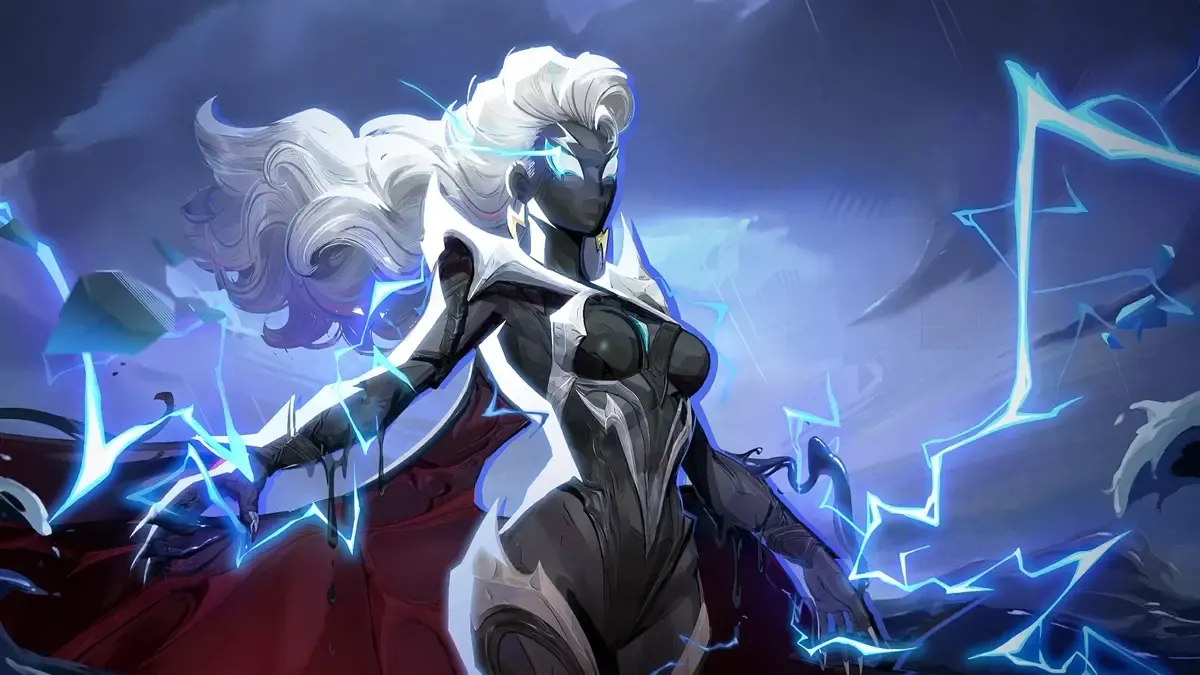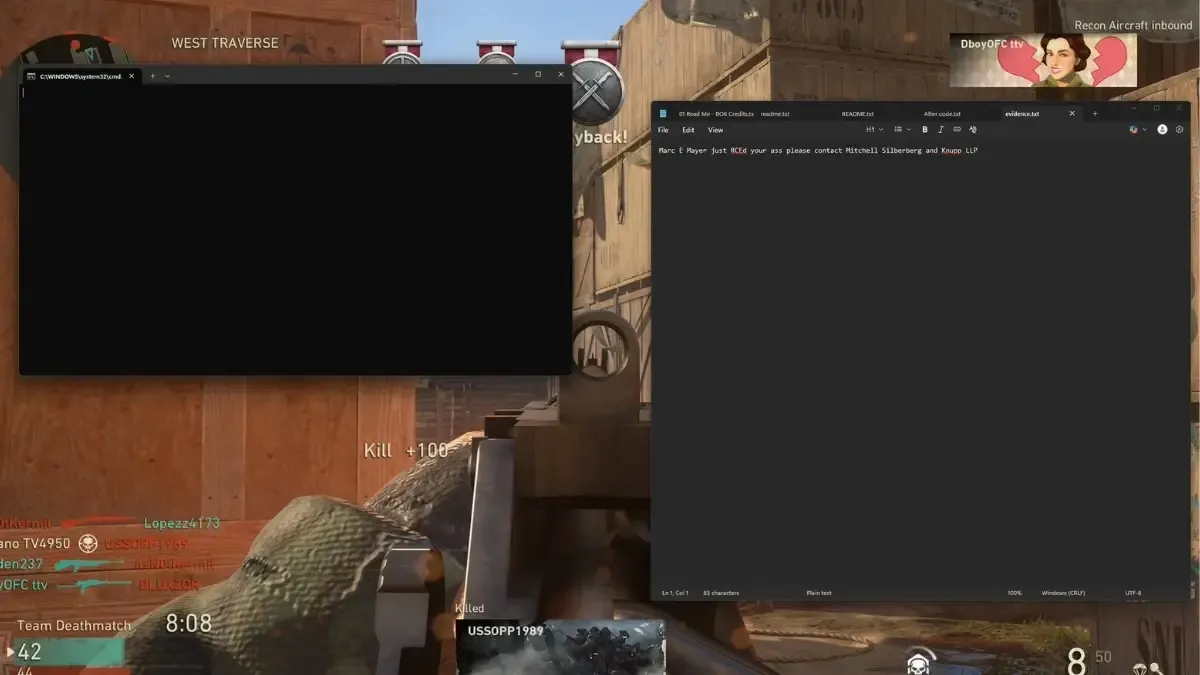Image: Valve Software
Valve, Steam, and perhaps the entire PC gaming industry as we know it were saved by an intern.
Valve Software recently celebrated Half-Life 2’s 20th anniversary with the release of a two-hour documentary diving into the game’s development. The documentary, produced by Secret Tape, also gave fans the shocking story of how Valve almost went down due to a crushing lawsuit by the French mass-media holding company Vivendi.
However, Valve was saved from a financially ruinous fate thanks to a single Korean-speaking intern, who spotted a piece of evidence that proved Vivendi was destroying documents related to its lawsuit. If this summer intern hadn’t found the document, Valve, Steam and perhaps the entire PC gaming industry as we know it would not exist in their current form.
How a summer intern saved Valve from bankruptcy
An intensive two-hour long Half-Life 2 documentary produced by Secret Tape (an offshoot of NoClip) has delivered a rather shocking story on the making of Valve’s seminal sci-fi shooter. According to the documentary, Valve was almost financially buried in a massive lawsuit before being saved by a summer intern.
Here’s how the story goes: Valve and Half-Life publisher Sierra were acquired by a French conglomerate named Vivendi in the midst of making Half-Life 2. Vivendi went on to distribute copies of Valve games like Counter-Strike to internet cafes, which Valve disputed by filing a lawsuit, arguing that this was a breach of its contract with both Sierra and Vivendi.
At the time, the company had also alleged that Sierra had breached its contact by withholding royalties and delaying the launch of Counter-Strike: Condition Zero beyond the holiday season.
According to the documentary, Valve was only looking for an acknowledgement of Sierra and Vivendi’s breach of contract. However, the company was forced to take the matter to court when its claims were ignored. Unfortunately, as Valve’s COO Scott Lynch puts it, “Vivendi decided to go World War 3" in retaliation.
Valve’s attorney Karl Quackenbush recalls getting a “big stack of counter-claims” that went over "everything from cancelling the 2001 agreement, to obtaining ownership of all the Half-Life IP, to keeping us from doing Steam."
Valve had previously announced plans to digitally distribute its games on the Steam platform at the 2002 Game Developers Conference, and Vivendi was now looking to block that effort. Lynch described Vivendi’s aims as such: “We're gonna put Valve out of business, and we're gonna bankrupt the two of you.”
It almost succeeded. Due to Vivendi and Sierra’s countersuit, Valve president Gabe Newell recalls that “the company was pretty close to going bankrupt," and that he himself came “pretty close to going personally bankrupt – we went all in, there was no money left." At one point, Newell had used up “his liquid assets,” according to Lynch, and considered putting his house on the market to keep Valve from losing the countersuit.
In all this time, development on Half-Life 2 continued onwards, even as Valve itself teetered on the edge of bankruptcy by constantly bleeding funds. As the game ramped up to its imminent launch however, a summer intern known only as “Andrew” swooped in to save the day. Vivendi had turned in innumerable pages of documents printed in Korean to Valve, as part of the latter company’s request to find out what the company was doing with its games in Asia.
The clear intent behind this was, in Newell’s own words, “to overwhelm us with tens of millions of pages of documents on the assumption that there’s nothing in it that will be particularly problematic for their case.” Valve would either run out of money or give up on the lawsuit, unless it found a needle in the haystack. And then, the documentary reveals, they found a needle in the haystack.
A summer intern at Valve who turned out to be a native Korean speaker (and happened to major in Korean language studies!) found an email proving that Korean Vivendi employees were destroying documents relating to the lawsuit. This single piece of evidence allowed Valve to gain an advantage against Vivendi and Sierra in court, which as we now know, allowed the company to attain full ownership to its games, create Steam, and get a settlement out of the lawsuit.
In summary: an intern saved Valve. Never doubt those interns, because they might come through for you too.

